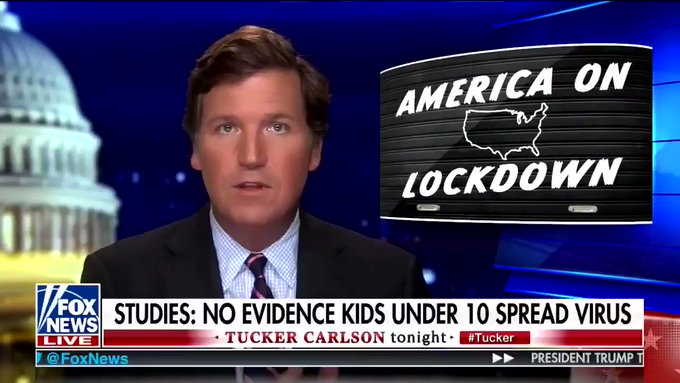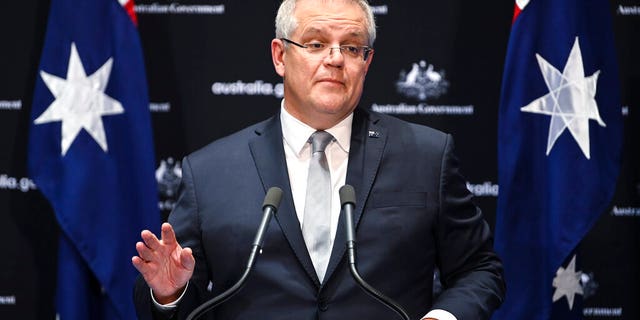Zeqway Clarke was in the back pew in the upstairs chapel at the Andrew D. Cleckley Funeral Home in Brooklyn when he chanced to gaze under the coffin and see what looked like a bare foot.
“You could see it,” he later told The Daily Beast. “You could actually look under the casket and see it. I asked somebody else, ‘Is that a foot?’”
Clarke was there on April 9 with his wife and daughters and a small number of relatives in masks and gloves, bidding farewell to her grandfather, 88-year-old Francois Jules. The pastor continued conducting the service as Clarke gazed at what was indeed a bare foot visible beneath the hem of the cloth backdrop closing off the front of the room.
At the end of the service, Clarke went up for a final parting moment with Jules, a military veteran and retired graveyard security guard, who was recovering from a stroke in Kings County Hospital when he was fatally struck by COVID-19. Clarke used the moment by the coffin to raise his cellphone above the cord on which the backdrop hung.
“I stuck the phone up and took a picture,” the 39-year-old entrepreneur recalled.
He did not see the result until he returned to his seat and checked his phone.
“It was just bodies, bodies on the floor, people on top of each other,” he said.
The picture, which he later shared with The Daily Beast, showed at least eight bodies had been left haphazardly on the floor. They were only partly covered by sheets or quilts and appeared to be unclothed. Three of the faces were visible.
“Horrified,” Clarke said of his reaction.
Twenty days later, the whole city was horrified when police responded to complaints of a foul odor coming from two trucks parked in front of this same funeral home. They discovered dozens of bodies decomposing inside.
The owner, 41-year-old Andrew Cleckley, told police that he had been unable to get cemeteries and crematories to accept enough bodies to keep his facility from overflowing.
“I am out of space,” he was quoted telling The New York Times. “Bodies are coming out of our ears.”
Clarke lives in the neighborhood, and he had walked past the funeral home with his daughters, aged 15 and 16, as the pandemic was intensifying. He noticed that the usual hearse and men in suits and ties had been replaced by rental trucks and men in work clothes.
“It looked like they just picked up some winos off the street: ‘Yo, we’ll give you some money,’” Clarke recalled. “I said to my kids, ‘It looks like they’re bringing these bodies in U-Haul trucks.’ It looked like they were bringing in more and more bodies and the place is not even that big.”
The daughters now saw their father’s cellphone photo of what lay just beyond the backdrop behind the coffin.
“My daughters said, ‘What?’” Clarke reported. “That’s the first time my children actually seen something like that.”
“As a parent you want them to know that’s not right,” he later said. “You want them to know people should be treated with respect.”
He noted to himself that there was no air conditioning in the chapel.
“Not cool,” he said in more than one sense. “In regular room temperature like that, what’s going to happen?”
As he and his family resumed sheltering in place, Clarke considered reporting to the authorities what he had photographed.
“[But] there was so much going on with the pandemic, social distancing, I figured it hell or high water to get in contact with somebody,” he recalled.
He decided just to post the photographic evidence on Facebook. Some commenters noted that funeral homes were overwhelmed. Most comments were unalloyed outrage.
Then came the discovery of the decomposing bodies in the trucks outside the funeral home.
Brooklyn Borough President Eric Adams responded to the scene. He later said that much the same is happening throughout New York as the usual progression from hospital and morgue to funeral parlor to cemetery and crematorium has backed up.
“We have an emergency going on right now,” Adams told The Daily Beast. “I’m surprised we don’t have cars stuffed with bodies.”
He added, “There is so much more we could do to better move this situation forward.”
To that end, he is establishing a Bereavement Task Force that will begin meeting next week.
“We’re going to bring people in the room in every aspect of this industry and sit down and hear directly from them what we should be doing to coordinate this operation,” he said.
Cleckley hung up twice when The Daily Beast sought comment, the second time suggesting the reporter ask crematories why they are not taking more bodies from funeral directors.
Cleckley no doubt was facing problems the death industry could not have imagined before COVID-19 turned the city into the global epicenter. But he could have been more easily forgiven were it not for the photo Clarke blindly took of what was going on behind the backdrop.
No matter how inundated the funeral home may have been, and no matter how frightened the workers may have been of catching the virus themselves, there is no excuse for just leaving bodies every which way. Only a moment would have been needed to pull a sheet up over a face or cover bare limbs.
“I BEEN TELLING Y’ALL ABOUT THIS PLACE AND WHAT THEY DOING,” Clarke declared on Facebook after the Wednesday raid. I’M HAPPY ITS FINALLY ALL OVER THE NEWS!!!!!...😢😢😢RESPECT PEOPLE FAMILY...SAD SAD SAD.”
And the photo he blindly took with his upraised phone now teaches us what his daughters learned regarding the importance of simple respect even when overwhelmed at the global epicenter of the pandemic.










